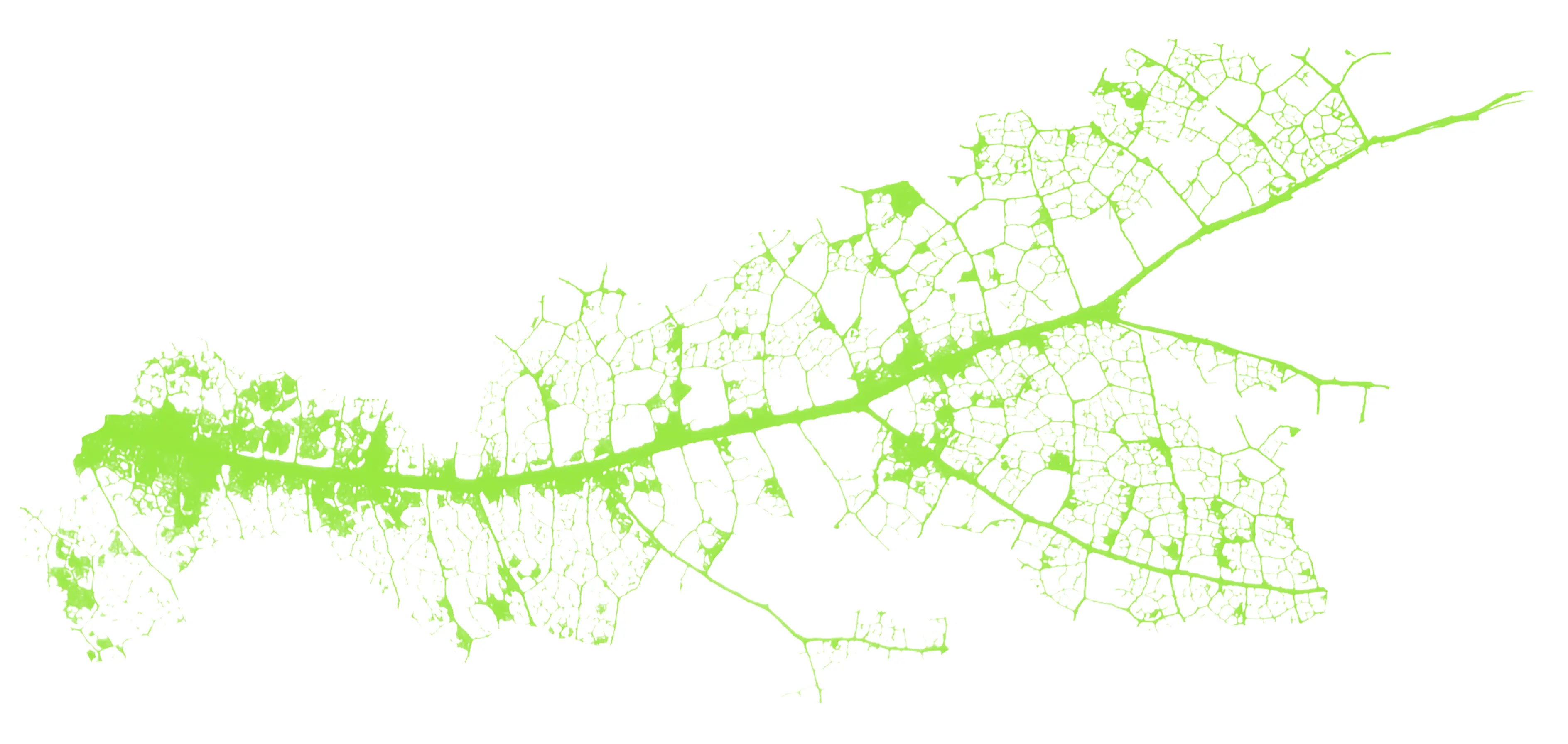
Was auf dem Spiel steht
A meditation on democracy, freedom and human rights (Leipzig)
In-house production | Various languages | No age restriction
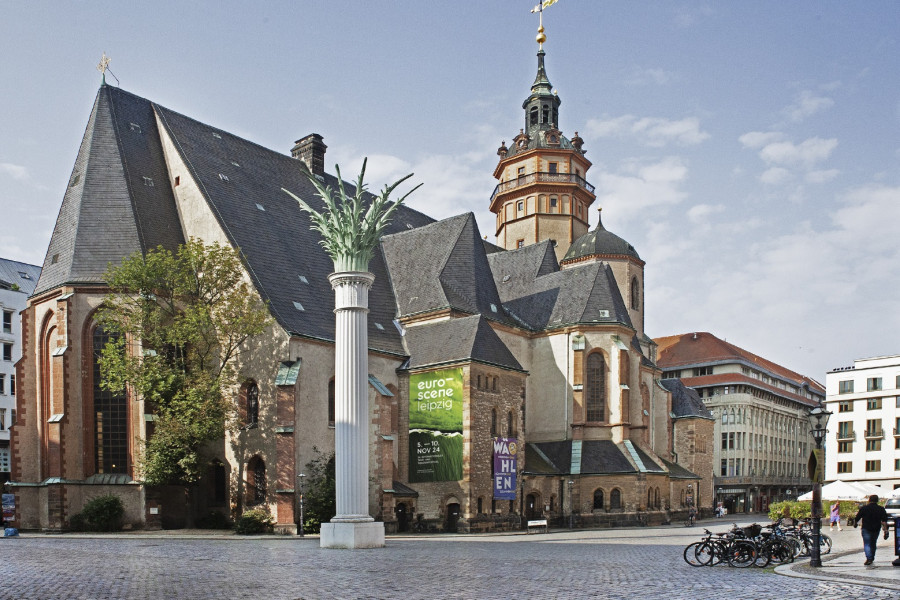
At 12:00 CET on November 5th 2024, the first voting booths for the presidential election will open in the USA. The entire world is looking intently towards the results. And even here in Saxony there are important local, European and parliamentary elections this year; here, we could be deciding how we want to live. For this reason we are organizing a marathon reading about what is at stake in elections. This question seems all the more urgent since certain candidates have been celebrating victories even though they are radicalizing the tone, even though they are demeaningly hostile to their opposition and constantly shift the "red lines" to more extreme positions of the sayable and doable.
Numerous texts document how people have fought for values in past centuries that today have given us, as a society, a framework of constitutions, guidelines and explanations – and thus a foundation for human rights, freedom and democracy. In the process, we are aware of the dilemma that some of these writings are subject to debate because they were only formulated by a small part of humanity while simultaneously denying many people rights and dignity: because of their gender or beliefs, their origins, identity or way of life.
In WAS AUF DEM SPIEL STEHT, the readers and listeners can determine how far we have come since the first definition and exclamation of universal human rights in the 18th century up to an actual recognition of equality and dignity for all – and where current challenges lie.
Program
- 12.00-12.15 Uhr Pfarrer Bernhard Stief „Bergpredigt“
- 12.15-12.30 Uhr Matthias Müller Gerhard Müller: „Mein Sohn aber ist so frei …“
- 12.30-12.45 Uhr Ulrike Richter Christian Fürchtegott Gellert: „Die Liebe des Nächsten“
- 12.45-13.00 Uhr Hermann Heisig „Entwurf: Verfassung der Deutschen Demokratischen Republik, 4. April 1990“
- 13.00-13.15 Uhr Anne Zacho Søgaard "jütisches Recht / jydske Lov (1241)"
- 13.15-13.45 Uhr Werner Seuken „Gotthold Ephraim Lessings Drama ‚Nathan der Weise‘ und die Folgen“
- 13.45-14.00 Uhr Bernd Karwen / Polnisches Institut Leipzig „Verfassung der Republik Polen (1997)“
- 14.00-14.15 Uhr Agnieszka Rudzinska / Adam Mickiewicz Institute „Konstytucja Rzeczypospolitej Polskiej (1997)“
- 14.15-14.30 Uhr Katharina Bendixen „Allgemeine Erklärung der Menschenrechte (1948)“
- 14.30-15.30 Uhr Schüler:innen der Kurt-Masur-Schule – Grundschule der Stadt Leipzig „UN Agenda 2030, 17 SDG“
- 15.30-16.15 Uhr Marie Gamillscheg, Lara Hampe, Emmanuelle Malhappe Olympe de Gouge: „Erklärung der Rechte der Frau und Bürgerin / Déclaration des droits de la femme et de la citoyenne (1791)“
- 16.15-16.30 Uhr Gundula Epp „Genfer Konvention“
- 16.30-16.45 Uhr Andreas Lehmann "Grundgesetz für die Bundesrepublik Deutschland"
- 16.45-17.00 Uhr Kathrin Bastet / Weiterdenken - Heinrich-Böll-Stiftung Sachsen "Collage aus Heinrich Bölls politischen Texten"
- 17.00-17.15 Uhr Bernd Feuchtner "Anfänge"
- 17.15-17.30 Uhr Matilda Materni „Déclaration des droits de l'homme et du citoyen du 26 août 1789“
- 17.30-17.45 Uhr Sabine Fuchshuber, Land in Sicht e. V. „Erklärung der Menschen- und Bürgerrechte vom 26. August 1789“
- 17.45-18.00 Uhr Arne Linde, Land in Sicht e. V. „Erd Charta“
- 18.00 Uhr Spendenübergabe an David Schnell, Vorstand von Land in Sicht e.V.
Credits
Idea + Artistic direction Christian Watty Production euro-scene Leipzig Cooperation Weiterdenken – Heinrich-Böll-Stiftung Sachsen, Land in Sicht e. V.
Cooperation

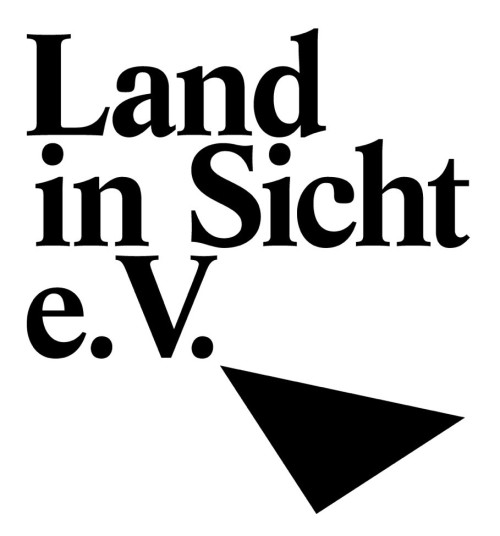
Weiterdenken – Heinrich-Böll-Stiftung Sachsen | Land in Sicht e. V.
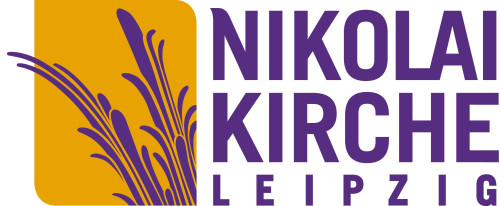
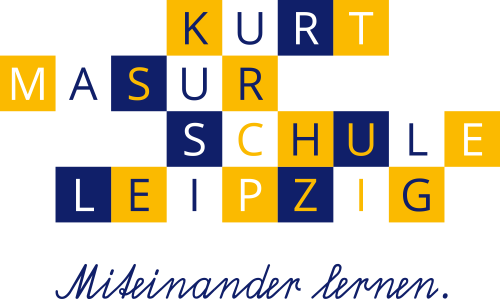
Nikolaikirche Leipzig | Kurt-Masur-Schule – Grundschule der Stadt Leipzig
Main Supporters
euro-scene leipzig is institutionally supported by the City of Leipzig and the Saxon State Ministry for Higher Education, Culture and Tourism. Co-financed by tax revenue on the basis of the budget approved by the Saxon State Parliament.